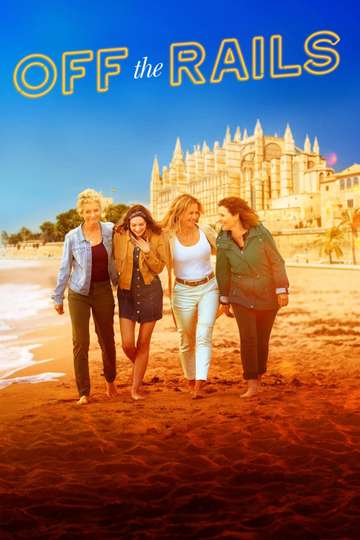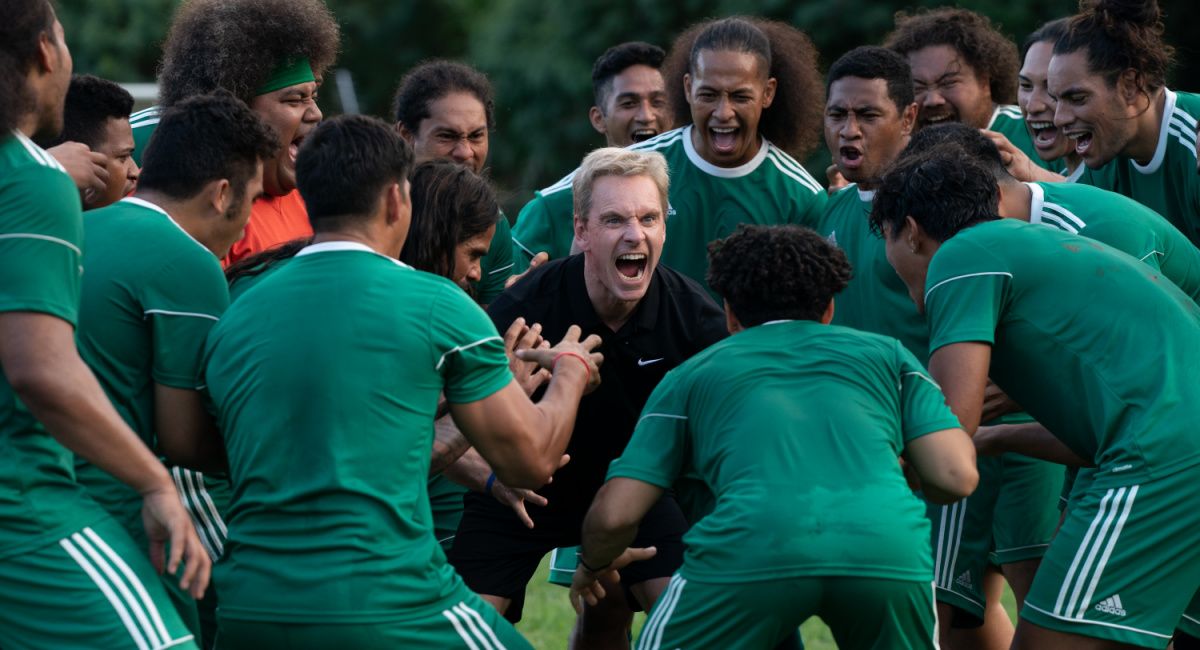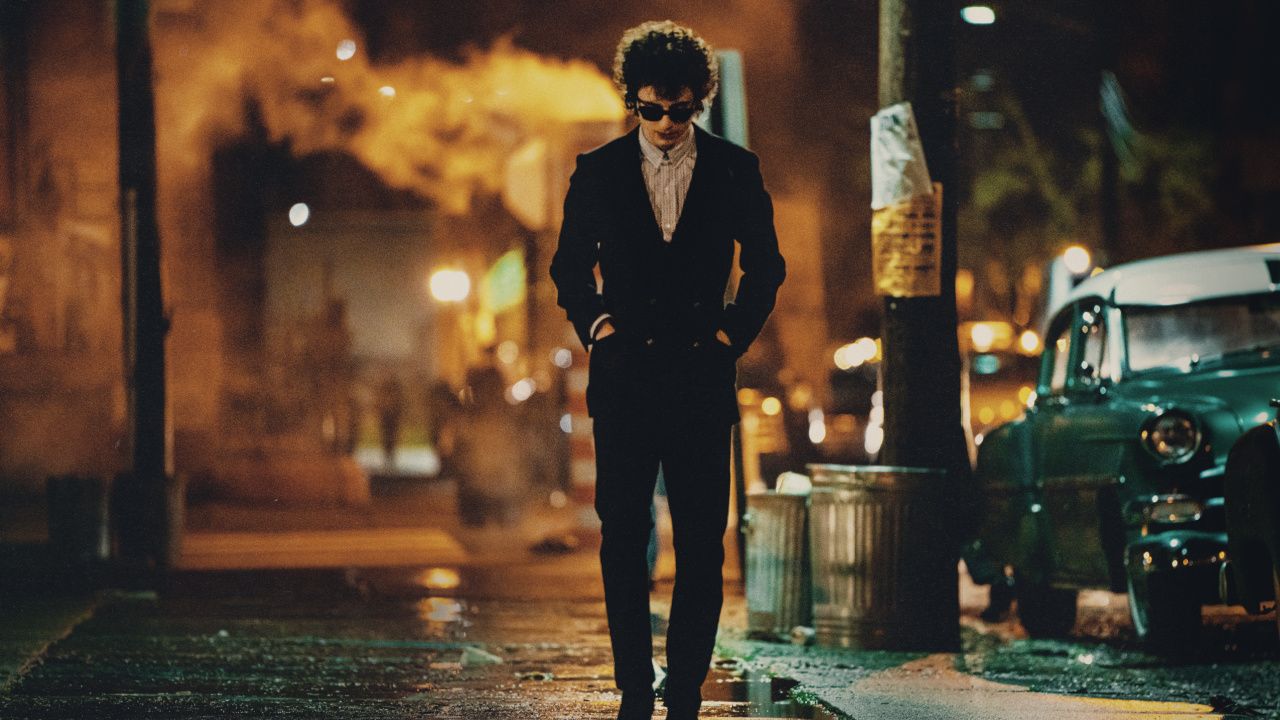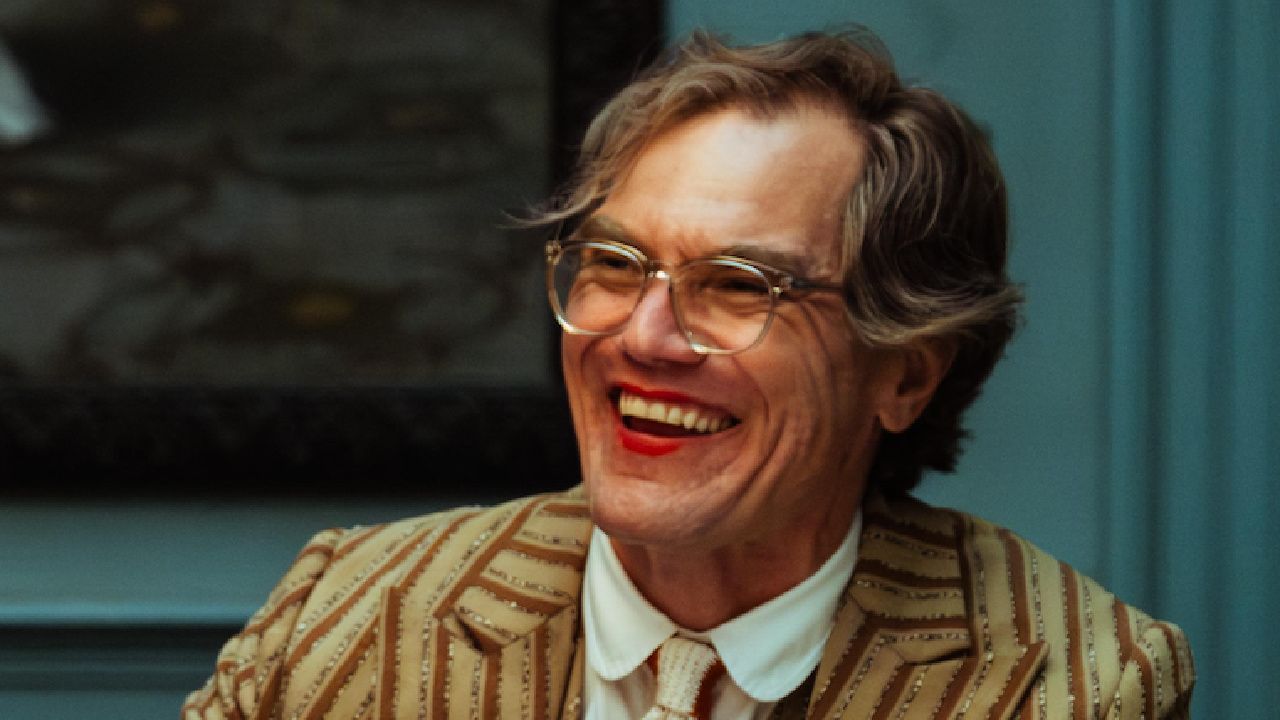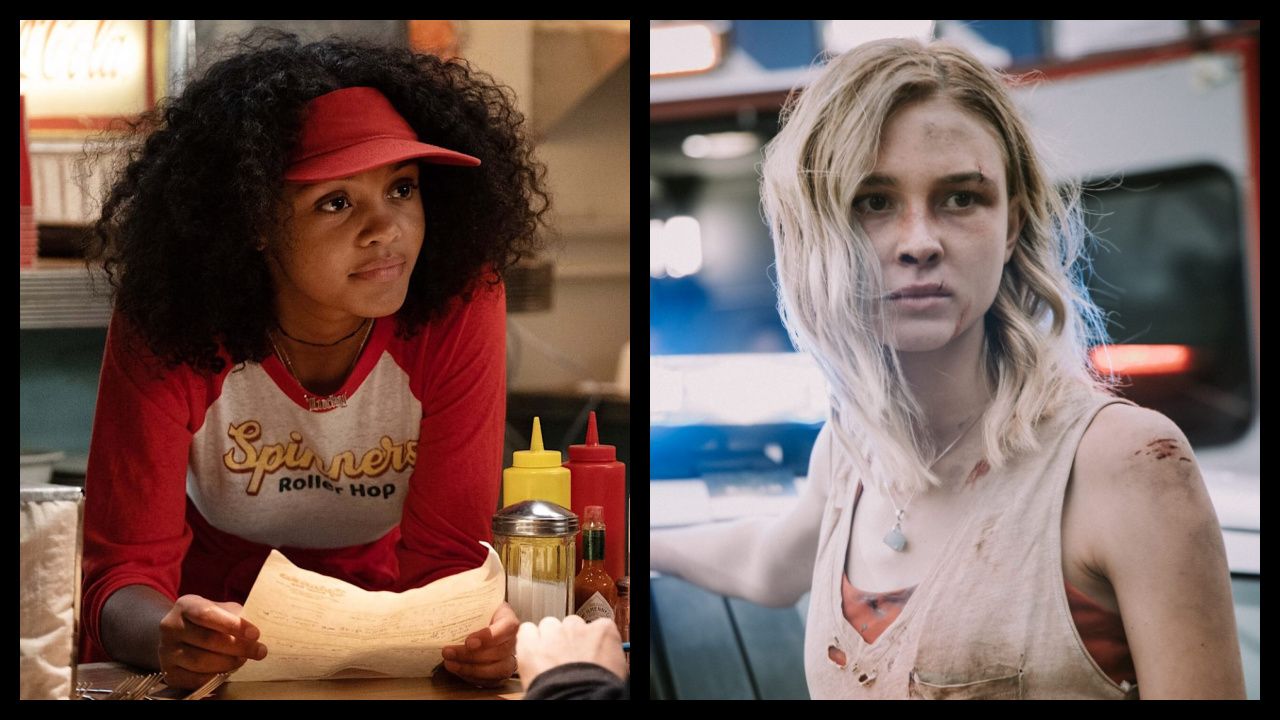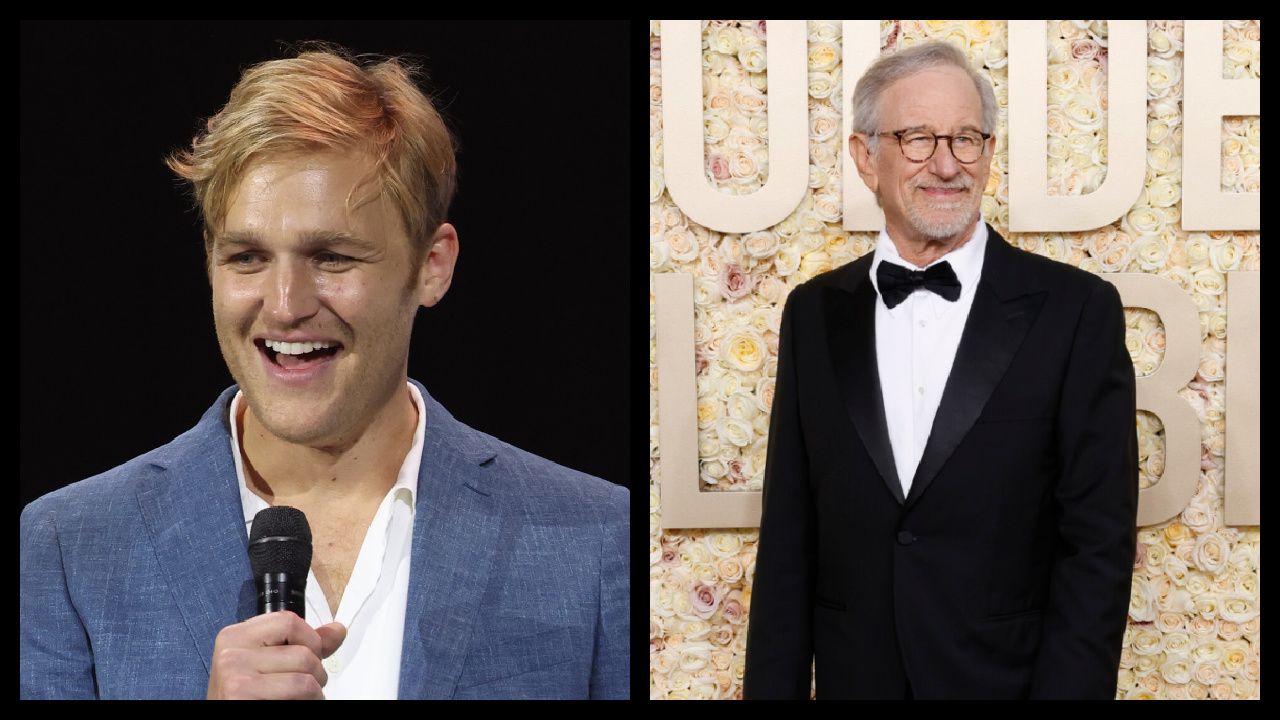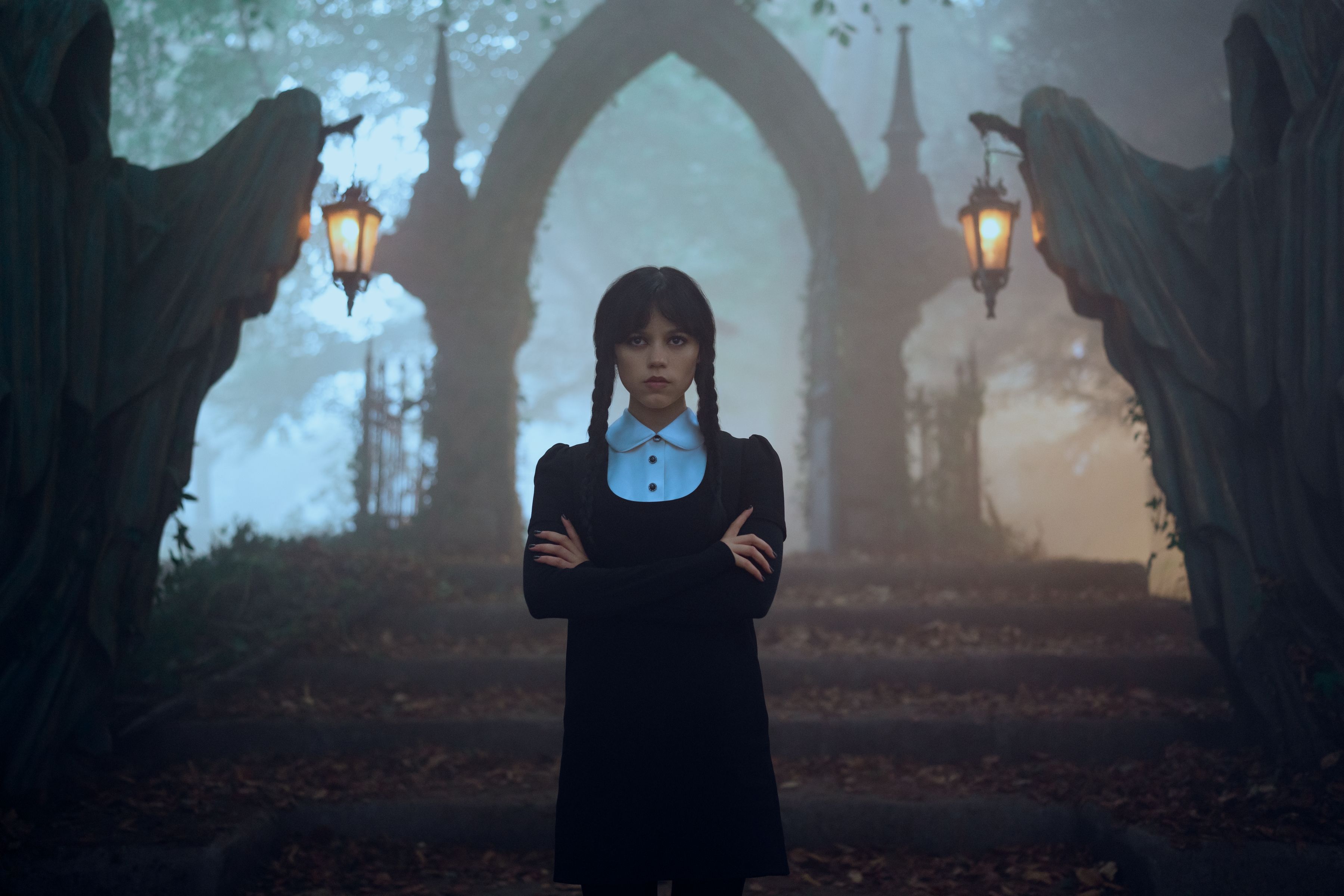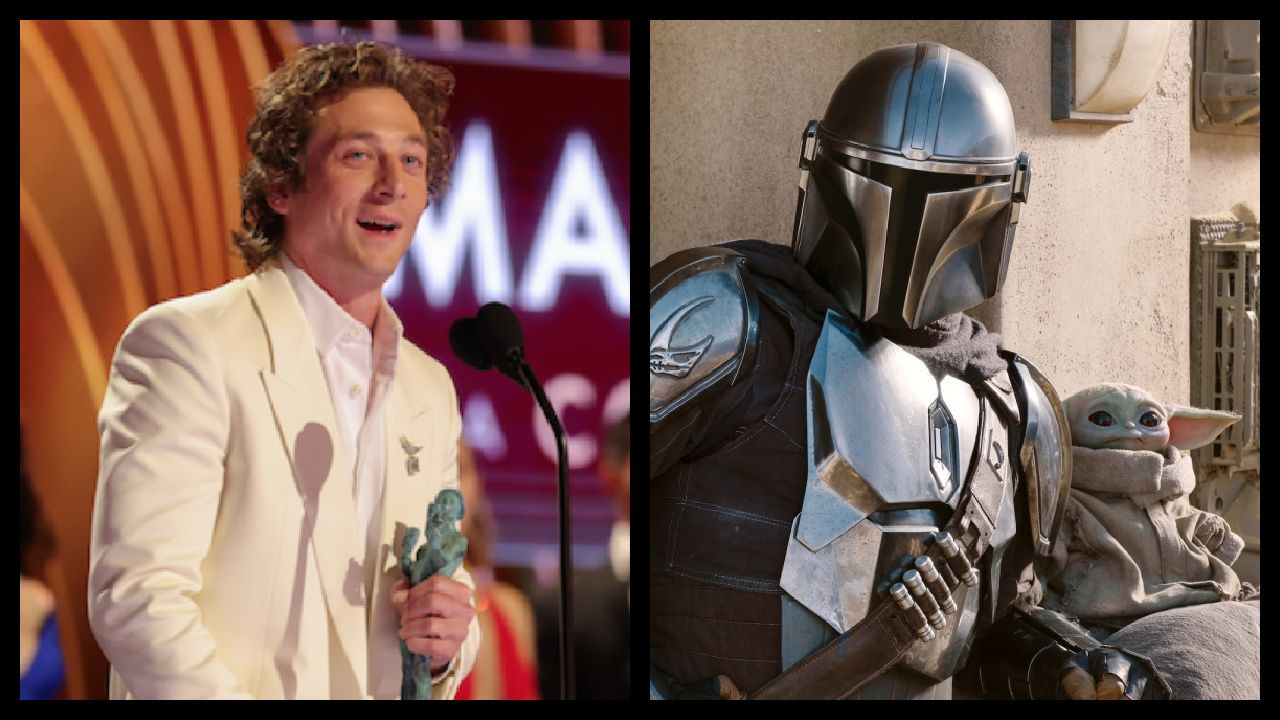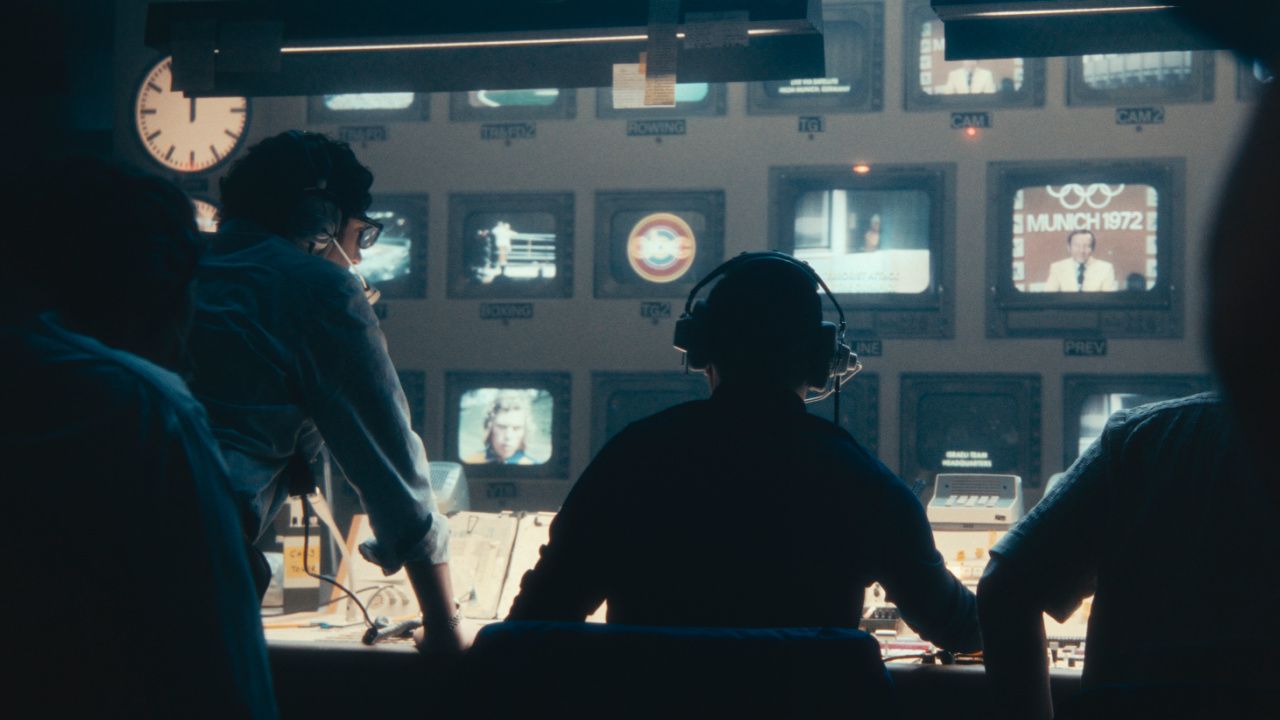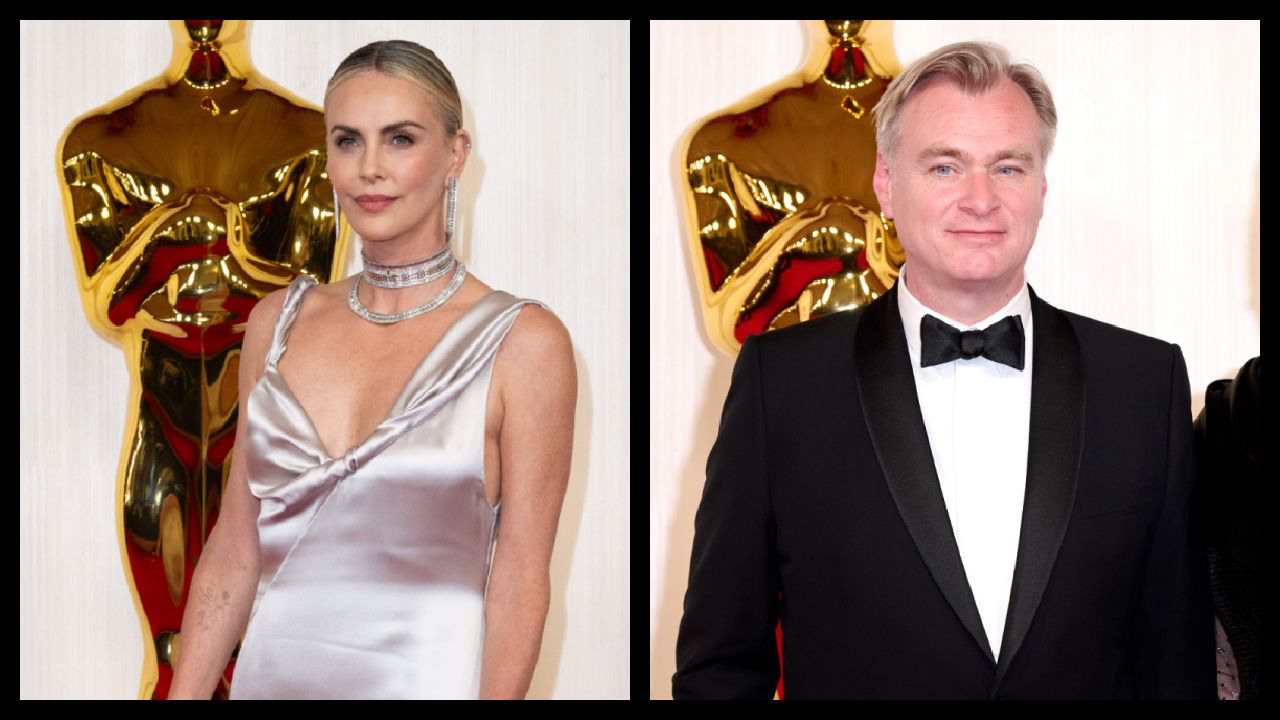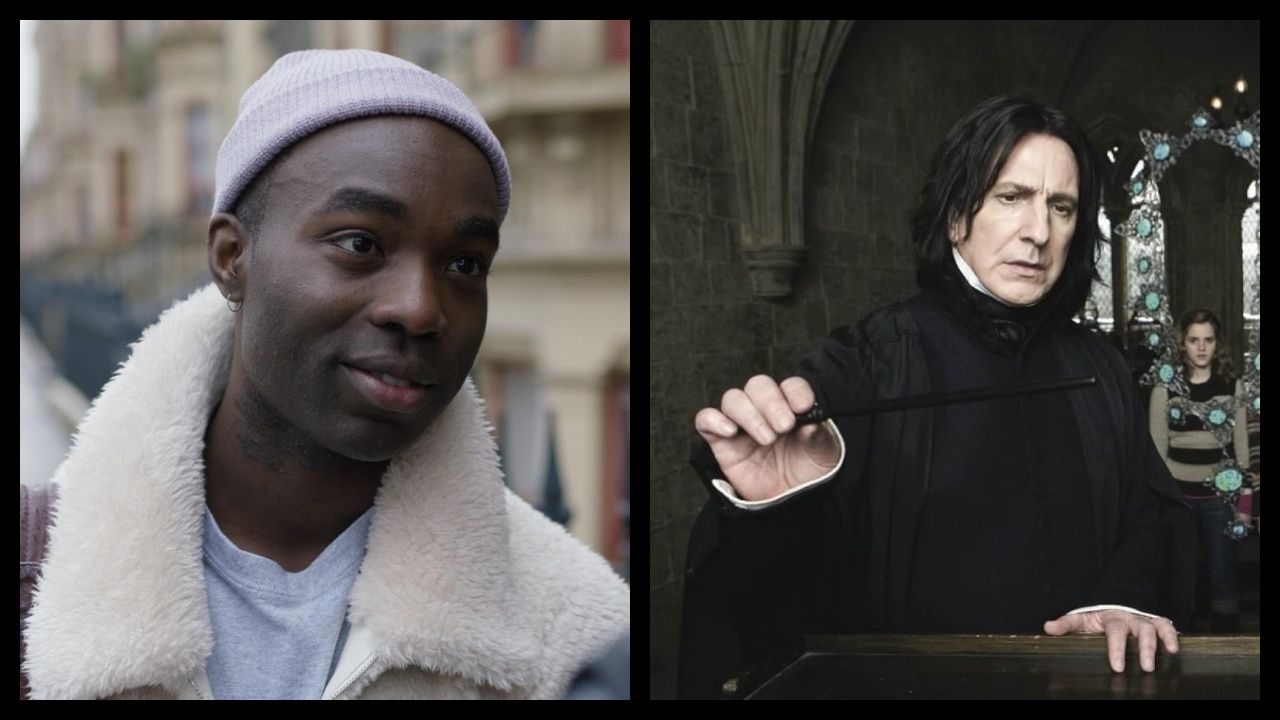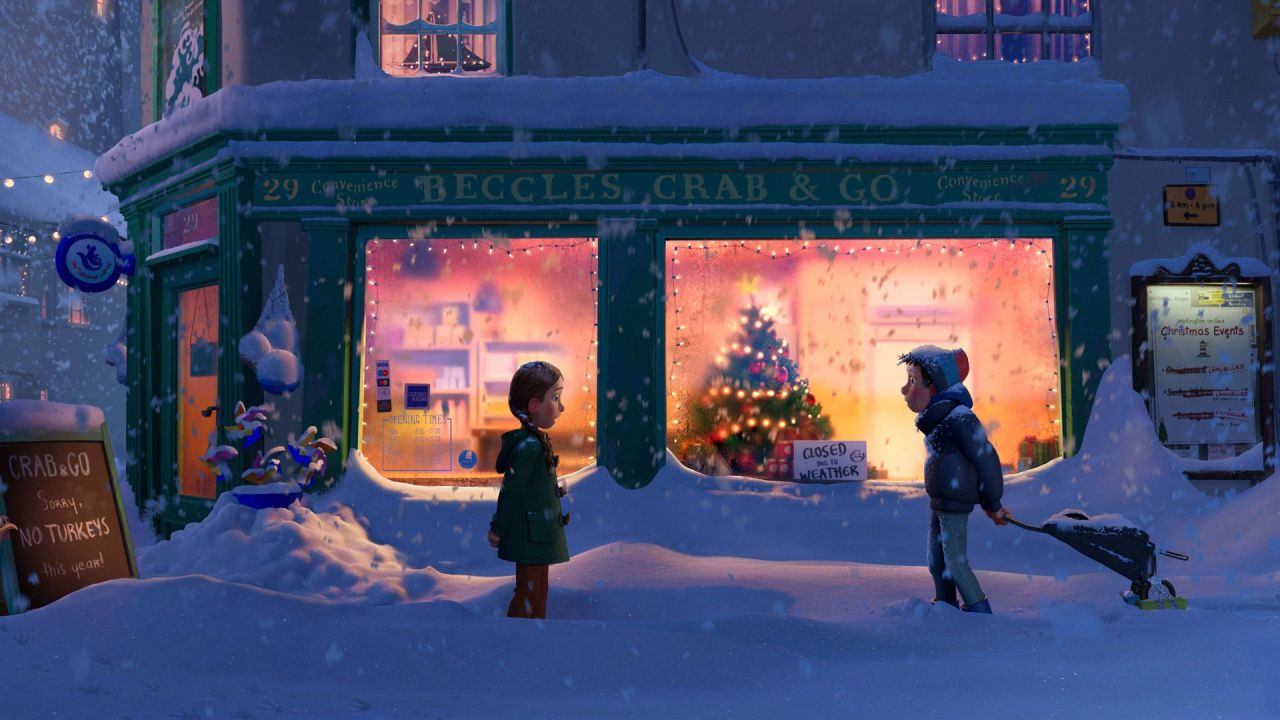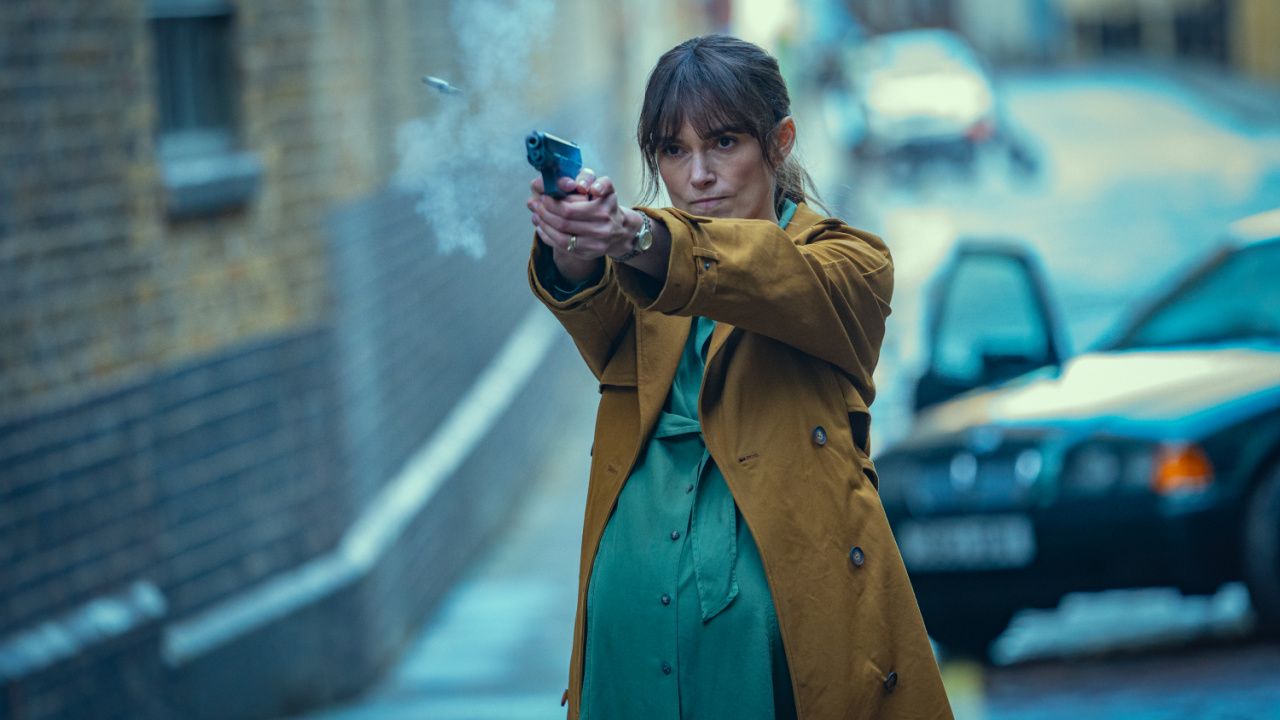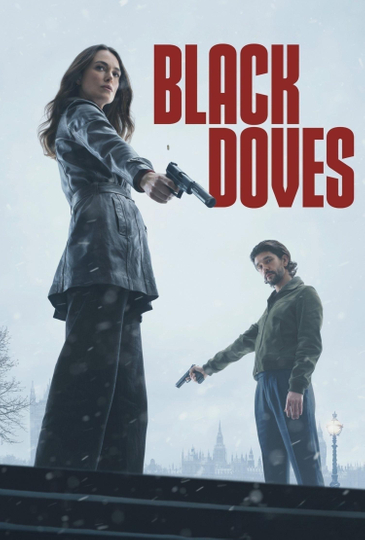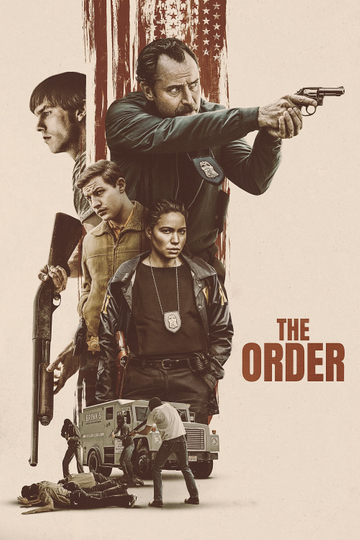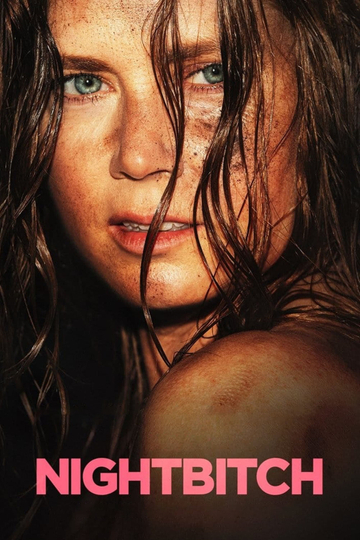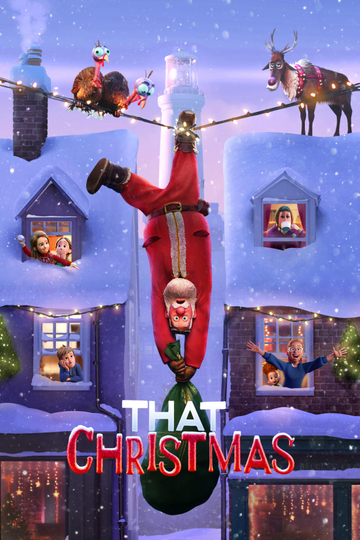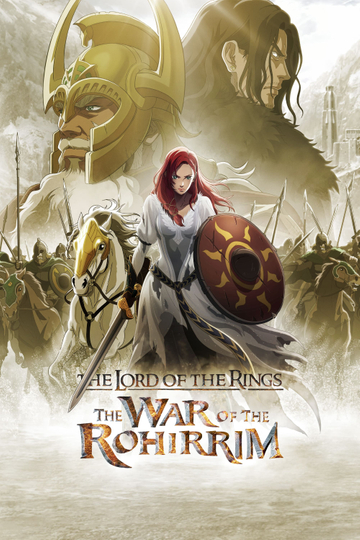Female Filmmakers in Focus: ‘Off the Rails’ Director Jules Williamson Talks About Her First Feature Film
This week on female directors, Jules Williamson talks about her very personal film ‘Off the Rails’ and recommends the work of Jane Campion. Female Filmmakers in Focus, featuring recommendations for films directed by women to seek out each week.
'Off the Rails' - directed by Jules Williamson
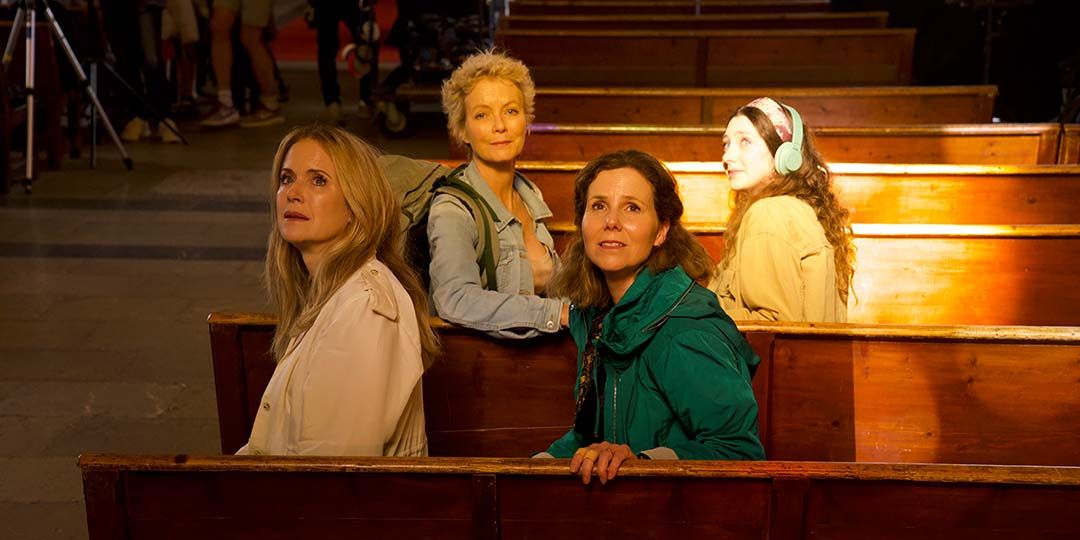
Kelly Preston, Jenny Seagrove, Sally Phillips, and Elizabeth Dormer-Phillips in 'Off the Rails'
British filmmaker Jules Williamson began working in film as a runner and cites producer David Puttnam (‘The Duellists’, ‘Chariots of Fire’, ‘Local Hero’) as a major influence on her work in both narrative and documentary. Her first short film, 2002’s ‘Tattoo’ was nominated for Best Shot Film at the BAFTAs, and she has since worked mainly in British television. ‘Off the Rails’ is her feature film directorial debut. Inspired by events in her only life, ‘Off the Rails’ is an ensemble comedy about three friends in their 50s who are reunited by the death of a fourth. As soap star Cassie (Kelly Preston), journalist Kate (Jenny Seagrove), and doctor Liz (Sally Phillips) have gotten older, and their lives have gotten busier, they’ve put their once close friendships on the back burner. After their friend Anna’s funeral, the three are joined by her daughter Maddie (Elizabeth Dormer-Phillips) on a quest to re-create their trip from twenty years earlier. Although things go a bit awry, they begin to patch up old wounds and find strength in each other as they move towards new beginnings. Set to an all-Blondie soundtrack, ‘Off the Rails’ is a perfect blend of comedy, romance, and fabulous European vistas.
Director Jules Williamson spoke to Moviefone about her feature directorial debut.
Moviefone: How did you first come up with the idea for ‘Off The Rails’?
Jules Williamson: I originated the idea nearly 19 years ago. It's based on my own life. The reason that I was drawn to the idea was because I thought it would resonate with many women. I had the idea just after I’d made my first short film. It was nominated for a BAFTA, it was in the Palm Springs Film Festival. I had used the Interrail when I was 19 with my three best friends, and we promised each other we would do the trip again. Then, as I was making the short film, I was in my mid 30s and thinking about what I wanted to do as a feature. It struck me that we probably weren't going to go interrailing when we were 40 because we were all busy doing other things. We wouldn’t be able to take a month off, let alone a week. So I wondered where would those women be in their lives? The characters are not my real friends; they're made up. But what would happen if four friends didn't mean up when they meant to, but then they were forced to? And how would they deal with that? Would it be a good thing? Would it be a bad thing? So I like very much the idea of friendship being an empowering force, so I wanted that to be the thing that kind of propelled them into the next stage of their lives. So while revisiting the physical journey, they also revisit their friendship and by the end of it, they would be ready for a new beginning. Now I'm older, I see that women in their 50s have this very interesting period of their lives where there is this new stage, new beginning open to them. Often they don't quite know where they're going to go with that, because society is quite hard on that age group. So it was very important to me that there was a sense at the end of a very positive outcome.
MF: Do you think because you waited so much longer to make the film that you were able to sort of tap into things that aren't necessarily shown in most movies?
Williamson: Definitely. When I was in my mid 30s, I had no idea about menopause. I thought your 40s were when you were middle-aged, but the thing is, society has moved on so fast. Thank God. So now 60s is the new 50s and all that sort of thing. So I think being in your 50s is a really interesting time. Now that I'm in my 50s, I could tap into all of that. I was really keen to talk about menopause in it. ‘Off The Rails’ is a comedy-drama, or in some ways, I would actually say it's more of a drama-comedy, but I wanted to see women talking about the menopause. I hadn't seen that. I've seen it on TV in a brilliant, brilliant series called ‘Fleabag,’ but I haven't seen it on film. Sally Phillips and I basically made up that scene. We had discussed it beforehand because Sally hadn't reached menopause yet, so she hadn't quite caught on to all the aspects of it. I spent a lot of time telling her about it, which of course she loved. I say very wryly that she loved it because she was a bit horrified. We did have a laugh about it all. I personally feel that age brings all sorts of positive aspects to professions. Certainly with filmmaking. I have enough experience to not be fazed by making a feature film. I did wait a long time, but it was the right time.
MF: Could you talk about the casting process for your lead roles?
Williamson: We obviously always knew we wanted women of around that age, so that was fairly straightforward. There are a lot of actresses of that age group, but there aren't that many roles. The industry is changing, but the fact that it's taken so long to make female centered films, and there are still so few films that I'm aware of about women in their 50s. It tends to be the ‘Bridesmaids’ age group, or it tends to be the kind of 70s age group, but that midlife is represented. So casting them wasn't really that difficult, because the actresses were there. What I love about the casting is that they're all so different. And in real life, all the women were so different. But they were perfect. They just absolutely fitted the bill for each individual woman. They became very, very close while filming. There was this wonderful connection between them. My style of directing helps everybody connect, and I was very keen to kind of allow them to feel that they were those characters and give them room to play, and to own them and to find those moments where they were just being the characters rather than just saying the lines. We did quite a bit of improvising and I think that really helps. They loved it because we had a lot of fun.
MF: Were the locations you filmed the same places from your actual trip when you were younger?
Williamson: Over the years, I have come up with many different journeys. I did a lot of research into how we could basically make the journey come off the rails, which obviously makes them in the story, the characters come off the rails. So I had all sorts of journeys, and one where they went to Sarajevo. In this instance, we knew that we wanted to cover those countries in particular - Paris and Italy. We weren't 100% sure what we were going to end up, but I know Mallorca very well, from having spent holidays there as a child, and then I returned to Mallorca as an adult. One of the producers mentioned the Light of God festival. So we thought, why don't we make that the ending? So that's how we came to focus on Palma as the final destination point. So we shot that all in Mallorca, but we also went to Barcelona, where we caught the mainline train. We had different trains. We had a little wooden train in Mallorca, which was supposed to be the Italian train. We had the Main Line train in Spain, which we used for the train from Paris. Then we used a station in Barcelona as Paris, and Kings Cross Station in London, as the security in Paris. The Eurostar stood in for itself. So we shot in Mallorca, Spain, London and Paris, and then we had a day in Surrey, where we filmed the opening church scene. We had 38 locations in 26 days across four countries.
MF: How did the music of Blondie become part of the film?
Williamson: The film is very much influenced by ‘The Big Chill’, which is one of my favorite films, which has an iconic soundtrack. I love music. It's a big part of my sort of creative vision. So when I met Bill Kenwright, the producer - there are two producers Arabella Page Croft, who I originated the story with - and Bill. Bill immediately picked up on ‘The Big Chill’, because he also loves it. I had talked about Blondie in the story because I love Debbie Harry. She's just, she's so cool. So when we were talking, just before we started filming, Bill came up with the idea of having a full-blown Blondie soundtrack. He worked tirelessly to get us that music. I think it's great because the songs really resonate.
MF: How do you hope people will feel when the film is over?
Williamson: It’s a film about grief partly, but it's also a film about hope. Given the last year and a half coming up to two years that the world has had, I feel that it's incredibly timely. And so that's, that's the first thing. The second thing is the power of friendship. Women have got this extraordinary connection to each other, which enables them to do extraordinary things. And I think the third thing is that as we've been talking about women in the 50s, it's a tricky time, and often they've felt like society has forgotten about them. So what I love about the ending, which was always my intention, was that women feel like anything is possible. That new beginnings are possible. They can start again, or they don't have to start again, whatever they want to do. So, really, my most important message is when I suppose or have hope and empowerment.
MF: Could you recommend another film directed by a woman you think readers should see out?
Williamson: A filmmaker that I absolutely love is Jane Campion. I’m a massive Jane Campion fan. I really love what she does. A lot of films are very serious, but she also is able to bring some kind of humor into those characters as well. I'm thinking specifically about the series she did, ‘Top of the Lake,’ which I absolutely adored. Particularly the second season. Yeah, I just love her filmmaking. I love how absolutely I am engrossed by her work.
'Top of the Lake' and 'Top of the Lake: China Girl'
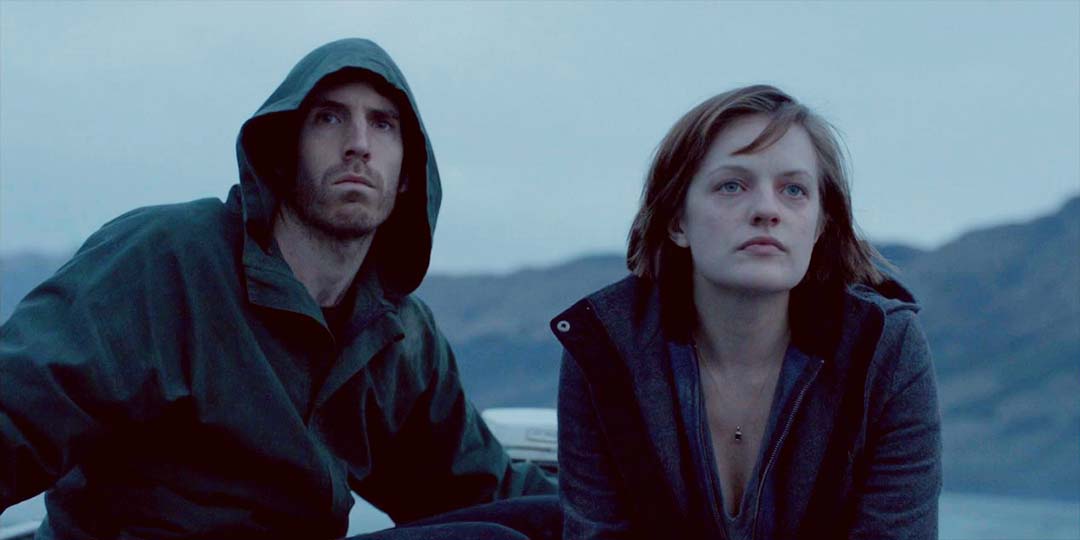
Thomas M. Wright and Elisabeth Moss in 'Top of the Lake'
With this year’s ‘The Power of the Dog’ catapulting Jane Campion back into the spotlight with awards season hype, now is a great time to revisit deeper cuts in her triumphant filmography. Reuniting with Gerard Lee, who co-wrote her debut feature film ‘Sweetie’, Campion’s foray into television was as enigmatic as you’d expect. She shared directing credits on the mystery drama with Garth Davis (‘Lion’) and Ariel Kleiman (‘Yellowjackets’). Starring Elisabeth Moss, the first season follows Detective Robin Griffin (Moss) as she investigates the disappearance of a pregnant 12-year-old girl in New Zealand. Holly Hunter also stars as a mysterious spiritual leader. In season two, Detective Griffin returns to Sydney, Australia to investigate the death of an unidentified Asian girl found at the popular suburb Bondi Beach. Like her films, Campion explores themes of physical and emotional abuse, and specifically how toxic masculinity can have deadly effects on women in vulnerable communities.











